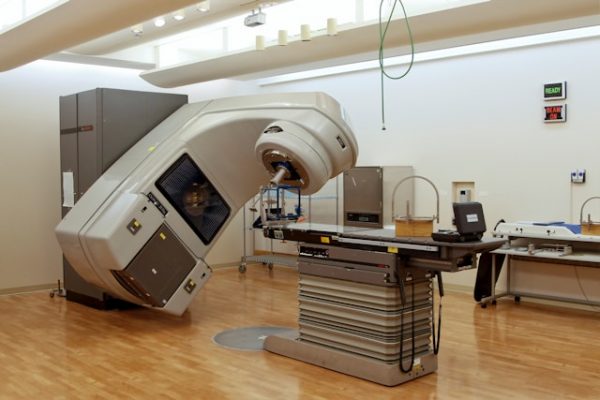Telemedicine, the practice of providing healthcare remotely using technology, holds immense potential for transforming healthcare delivery in Russia. While it offers numerous advantages for both patients and physicians, its widespread adoption faces several hurdles. This article explores the prospects of telemedicine in Russia, analyzing the factors that contribute to its growth and the limitations that hinder its progress.

Opportunities and Advantages
Russia’s vast geography and uneven distribution of medical specialists make telemedicine a particularly attractive solution. It can bridge the gap between patients in remote areas and qualified healthcare professionals, improving access to specialized care.
- Improved Access: For patients in rural or underserved communities, telemedicine can provide access to specialists they might not otherwise be able to see. This is particularly crucial for those with chronic conditions requiring ongoing monitoring.
- Cost-Effectiveness: Teleconsultations can be significantly cheaper than traditional in-person visits, reducing travel expenses and time off work for patients. This can also lead to lower healthcare costs overall.
- Convenience and Flexibility: Telemedicine offers greater flexibility in scheduling appointments, making it easier for patients to fit healthcare into their busy lives. This is particularly beneficial for working individuals and those with mobility issues.
- Enhanced Monitoring: Remote monitoring devices allow physicians to track patients’ vital signs and other health data in real-time, enabling early intervention and preventing potential complications.
- Increased Efficiency for Physicians: Telemedicine can streamline administrative tasks, reduce paperwork, and optimize patient flow, allowing physicians to see more patients and focus on providing quality care. It can also facilitate collaboration between specialists across different locations.
Challenges and Limitations
Despite its promise, telemedicine faces several challenges in Russia:
- Regulatory Framework: While Russia has made strides in developing a legal framework for telemedicine, some ambiguities remain regarding licensing, data privacy, and reimbursement policies. Clearer regulations are needed to foster greater adoption.
- Technological Infrastructure: Reliable internet access and adequate technological infrastructure are essential for effective telemedicine delivery. Many remote areas in Russia still lack sufficient connectivity, limiting the reach of telemedicine services.
- Digital Literacy: Both patients and physicians need to be comfortable using technology for healthcare. Improving digital literacy among the population is crucial for successful implementation.
- Data Security and Privacy: Protecting patient data is paramount in telemedicine. Robust cybersecurity measures and clear guidelines on data privacy are needed to build trust and ensure patient confidentiality.
- Integration with Existing Healthcare Systems: Seamless integration of telemedicine platforms with existing electronic health record systems is necessary for efficient data management and continuity of care. This can be a complex process requiring significant investment and coordination.
The Future of Telemedicine in Russia
The COVID-19 pandemic has significantly accelerated the adoption of telemedicine in Russia, demonstrating its potential to address urgent healthcare needs. As technology continues to advance and the regulatory landscape evolves, telemedicine is poised to play an increasingly important role in the Russian healthcare system. Addressing the existing challenges and investing in infrastructure, training, and data security will be crucial for realizing the full potential of telemedicine and ensuring equitable access to quality healthcare for all Russians.




